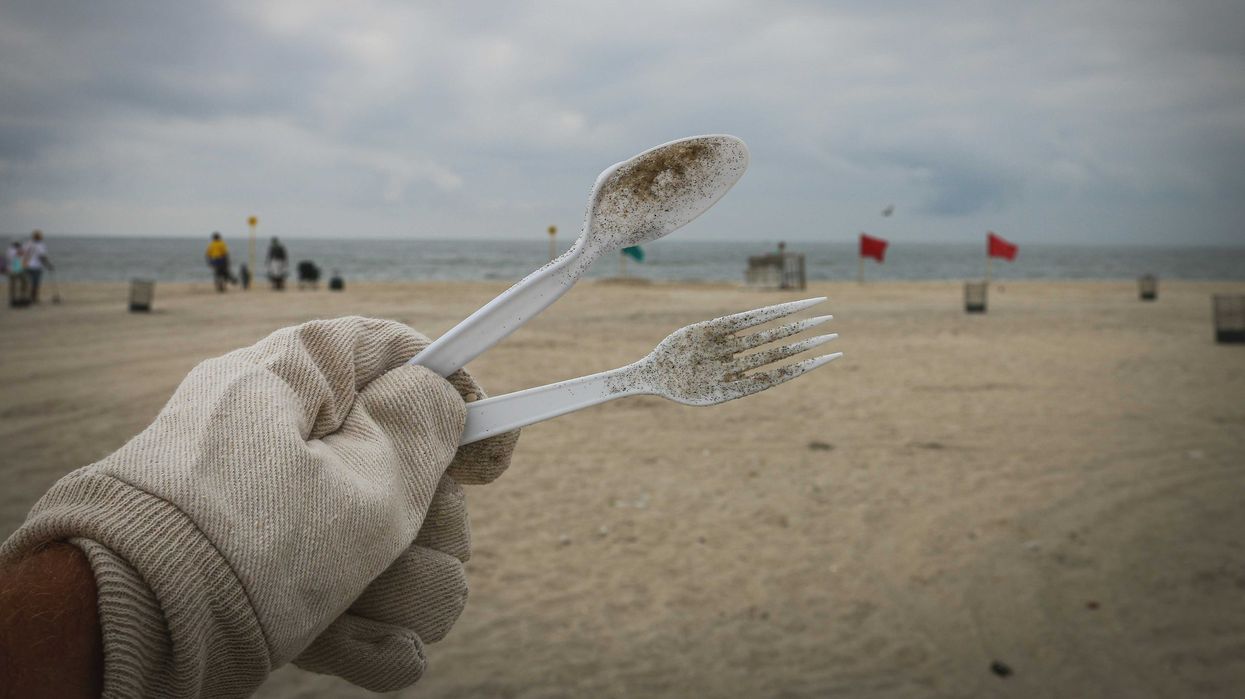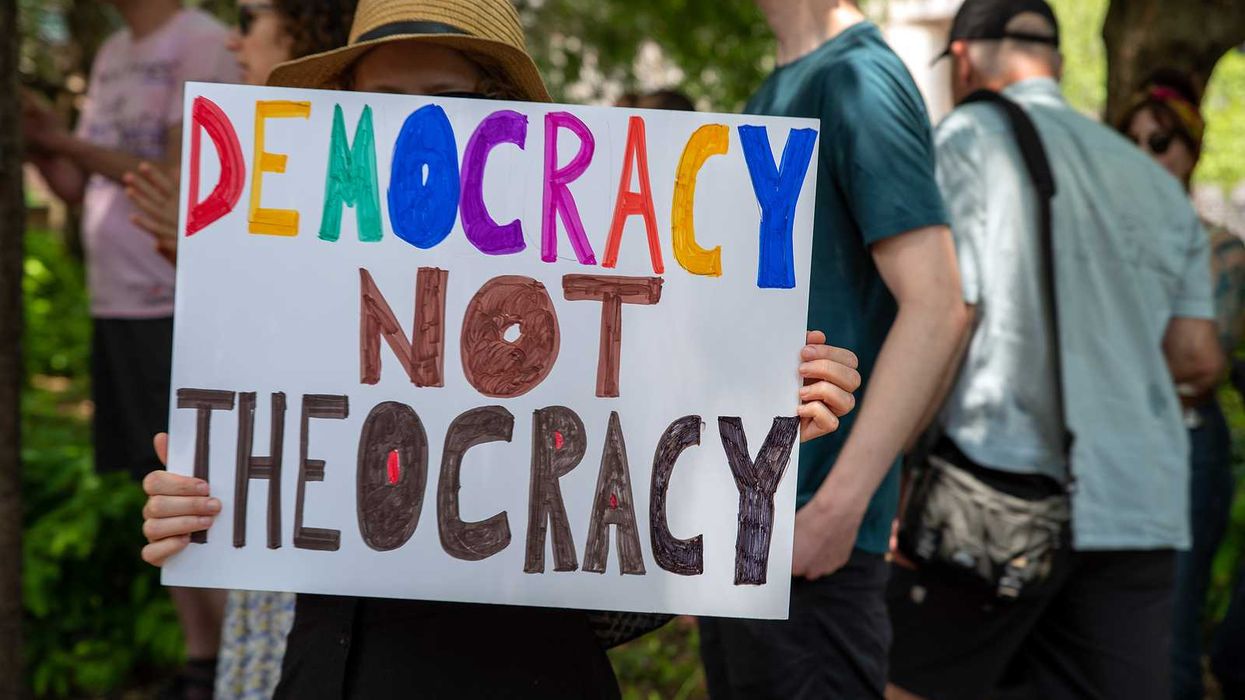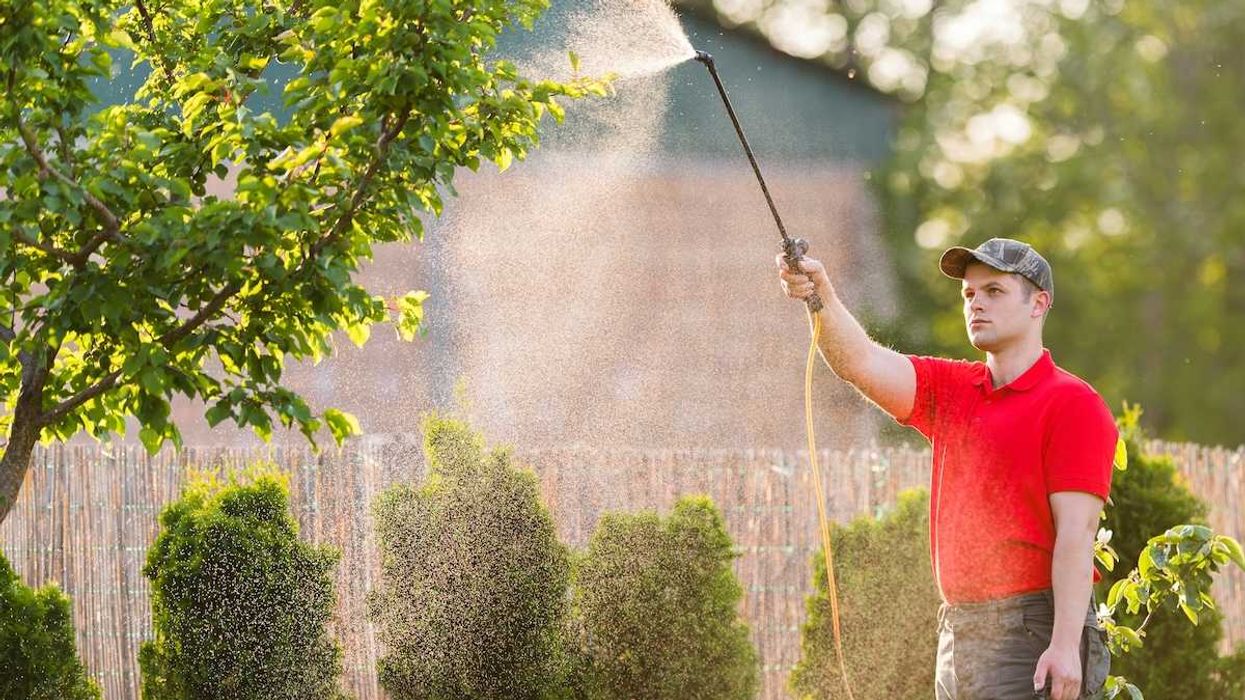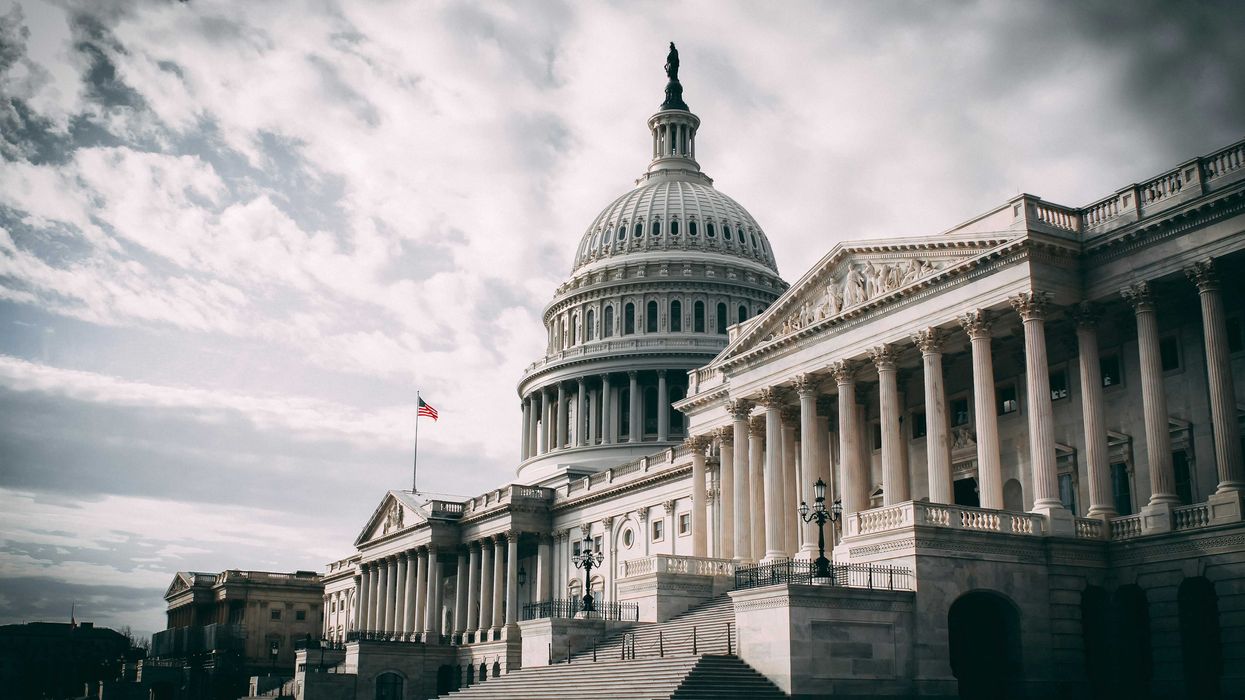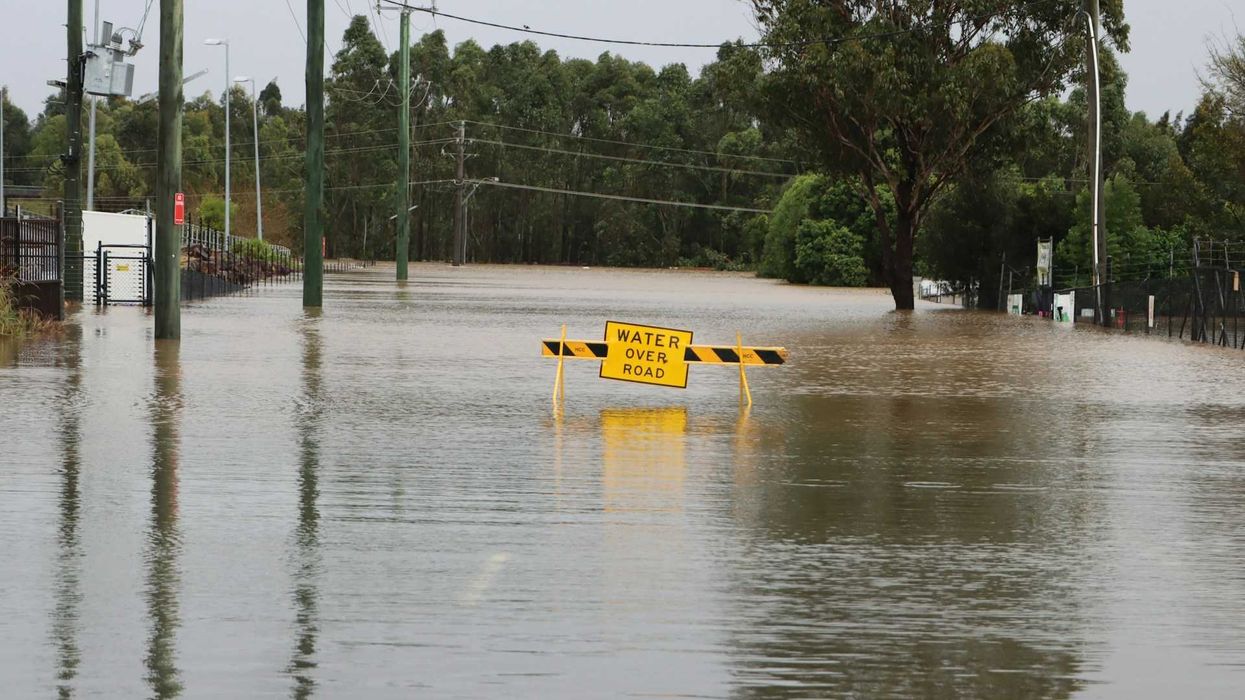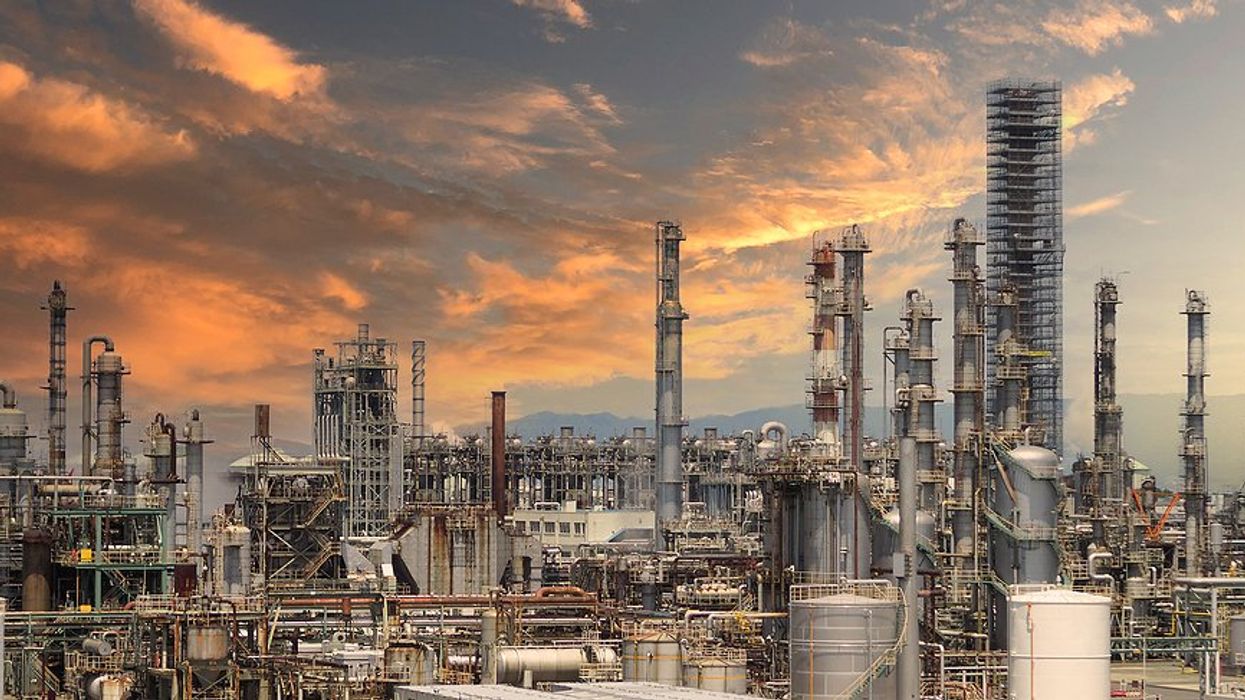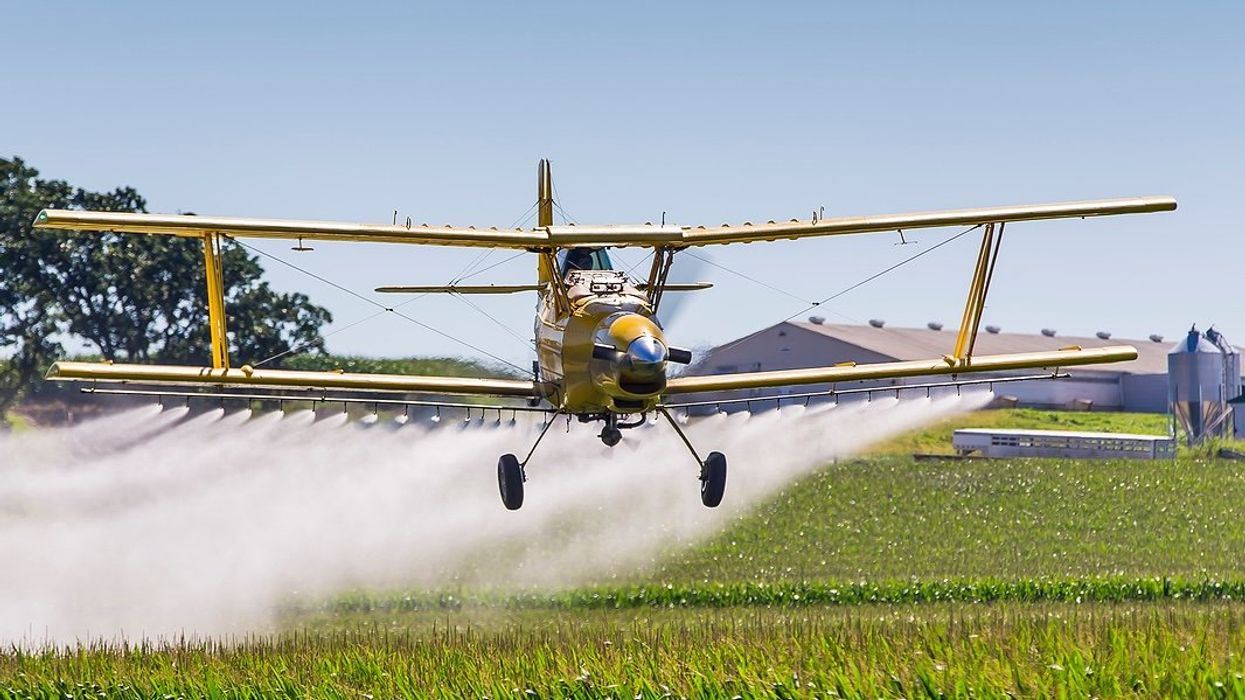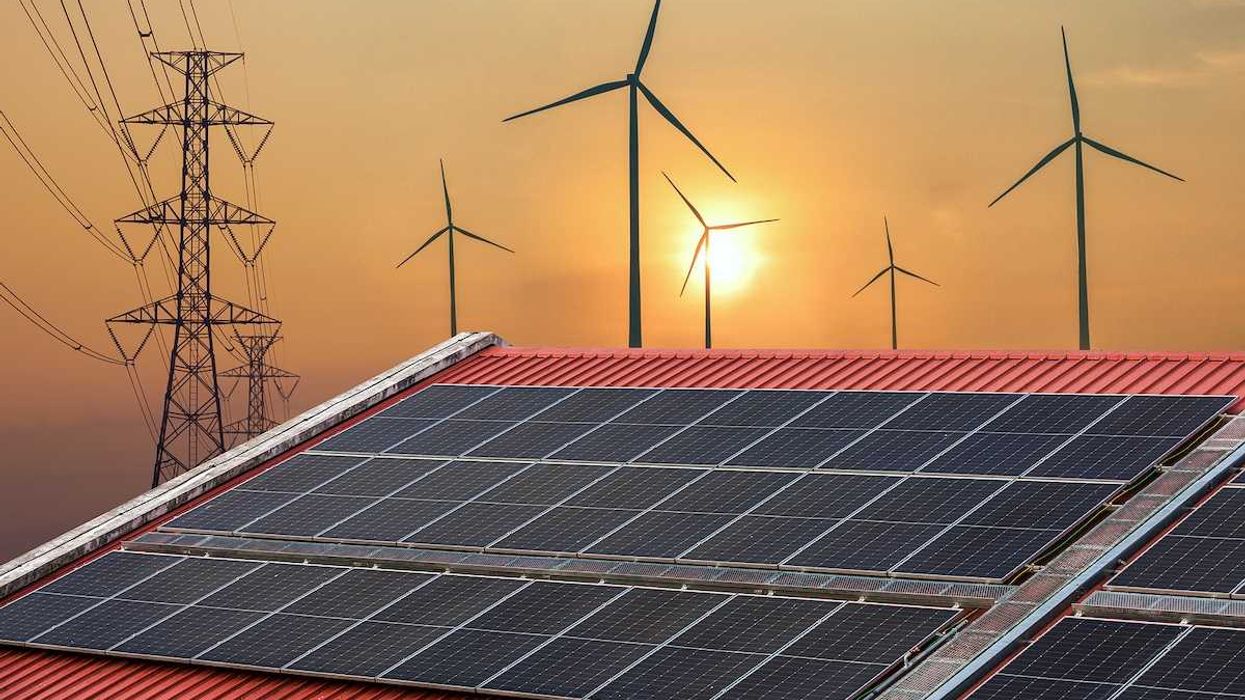Reno, Nevada, is heating up faster than any other U.S. city, and a growing network of citizen scientists is mapping its most sweltering neighborhoods to help cool them down.
Ula Chrobak reports for Knowable.
In short:
- Reno has seen a temperature rise of 7.6°F since 1970 — far above the national average — making extreme heat a growing threat.
- Community-led mapping projects, supported by the National Oceanic and Atmospheric Administration, track street-level temperature differences, revealing disparities as high as 23°F within the city.
- The data helps local officials target solutions, from tree planting to reflective materials, to mitigate heat risks, especially in lower-income areas.
Key quote:
“Heat is a hyper-local impact. It imperils people really differently on a neighborhood-by-neighborhood, and sometimes block-by-block, level.”
— Max Cawley, director of climate research and engagement at the Museum of Life and Science
Why this matters:
Extreme heat is already the deadliest weather event in the country, and without intervention, cities like Reno will become even more dangerous for those who can’t escape the scorching streets. Armed with temperature sensors, volunteers are mapping out heat islands and giving city planners the data they need to plant more trees, install reflective roofing, and design cooler public spaces — especially in lower-income areas where air conditioning isn’t a given.
Read more: How youth can battle extreme heat in their communities


